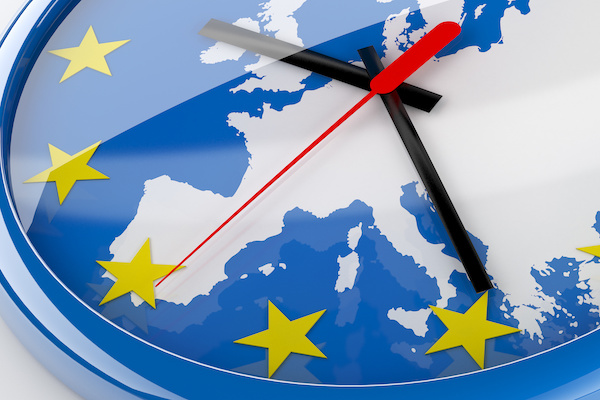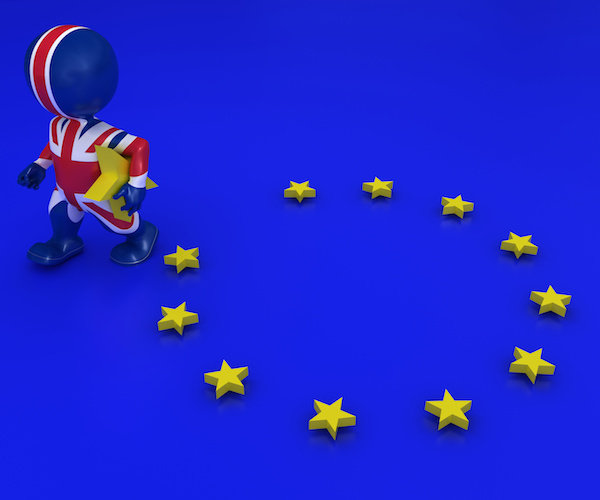17 February 2016
2016, a strategic year for the European policy on renewable energies


Following the Energy Efficiency Directive last month, it is now time for the Directive defining the EU’s post- 2020 renewable energy policy to be subject to a public consultation. UFE just submitted its contribution, which was an opportunity to stress, once more, the necessity to coordinate energy and climate policies around the core objective of decarbonisation, and for underlining the major role that RES play in the fight against climate change…
The European Commission launched at the end of 2015 a public consultation on the preparation of a new European Renewable Energy Directive for the period post-2020. The processing of this consultation, which ended last week, will lead to the elaboration of a new legislation to be submitted by the European Commission to the European Parliament in the second half of 2016. The first objective of this consultation was to collect stakeholders’ view (Member States, trade associations, NGOs, companies, etc.) on the implementation of the 27% renewable energy target in the European energy mix by 2030. Approved by the European Council, this target is binding for the European Union but has not led to binding targets for each Member State, as agreed by the signing parties in October 2014. Consequently, and as reminded by UFE in its contribution, Member States shall now be granted the necessary flexibility to set their own objectives and identify the most adapted contribution to the decarbonisation of their energy mix based on their respective potential and capacities.
RES, a great tool for the fight against climate change
UFE calls in its contribution for a consistent European legislative framework that would guarantee the harmonious deployment of renewable energies – as sources of climate performance – whilst respecting the economic balances of the sector. UFE also underlines that the current Directive has enabled the development of numerous RES projects in power generation. However, these projects failed to deliver what was expected for the fight against climate change. Such failure is to be explained by the lack of coordination between climate and energy policies, as well as the absence of a comprehensive approach regarding their impact on the power market design (and the very well-known consequences, ie dropping wholesale prices, impossibility to cover fixed generation costs etc.). The initiatives stemming from the EU environmental legislation (Water Framework Directive, Habitat Directive) have even undermined the potential of the RES development. UFE is thus pushing for a more comprehensive approach, stressing the necessity to bring the fight against climate change back at the core of a coordinated European legislative framework setting a strong CO2 signal. It is indeed this “carbon” driver that will enable the eventual success of the European strategy for the fight against climate change. RES, as well as energy efficiency, are essential tools for Europe to put an end to its oil and coal dependency. A strong and incentive CO2 price is the only means for driving investment towards climate-friendly generation capacities and consumption. Based on an industrial strategy of transfer of use from oil and fuel towards low-carbon power, RES-based generation will be able to meet the increasing electricity demand. Considering the current lack of CO2 pricing, the selection of RES projects benefiting from public subsidies must be continued via calls for tender by sector. In the long-run, and once the power market dysfunctions are fixed, the target model project selection should be technology neutral (i.e. calls for tenders that set, as unique selection criterion, an economic criterion for the whole sector).
The indispensable public acceptance
In its consultation, the Commission raised the issue of the absence of cooperation between Member States in terms of RES development in the European Union. Considering that sources of investment in renewable energy development remain national, UFE indicated that the introduction of a mechanism enabling a Member State to support the development of RES projects in another one is hardly feasible and could lead to mix disequilibrium (e.g. PV projects overdeveloped in Southern Europe). Furthermore, such mechanism could heavily hamper the functioning of electricity grids, which remains a national competence, whilst raising serious concerns in terms of acceptability of the projects in the country of implantation. Consequently, the involvement of local communities and of the public in RES projects must be encouraged as it improves their local acceptability, to the extent that this support does not foster the introduction of mechanisms distorting competition in terms of licenses, taxes and support mechanisms…
Find out more
02 June 2020
“Long live Europe”: it’s time for Europe!
25 February 2020
Brexit: love last 47 years


About us
The Union of the French Electricity Industry is the trade association of the French electricity sector. We bring together companies from the whole value chain of the electricity industry.
Find out more









